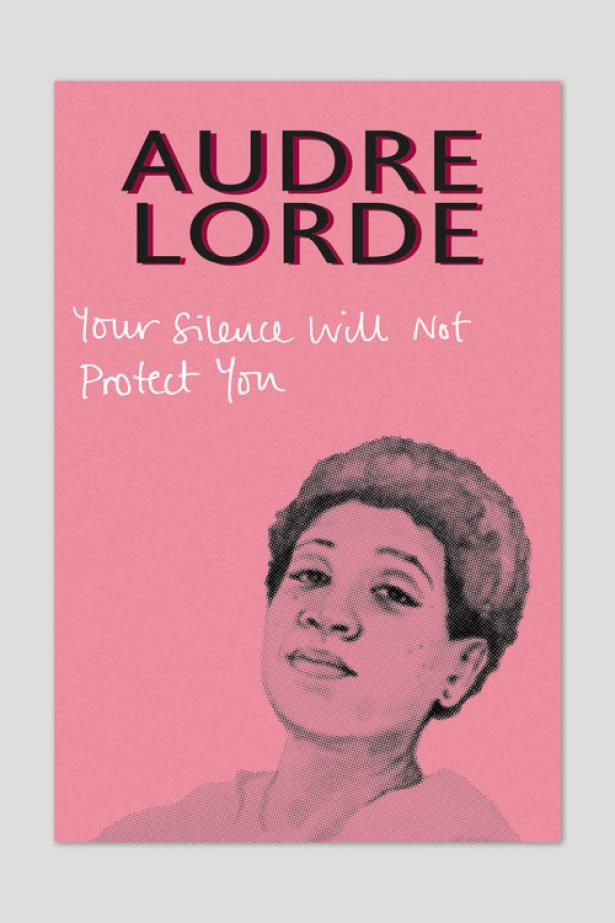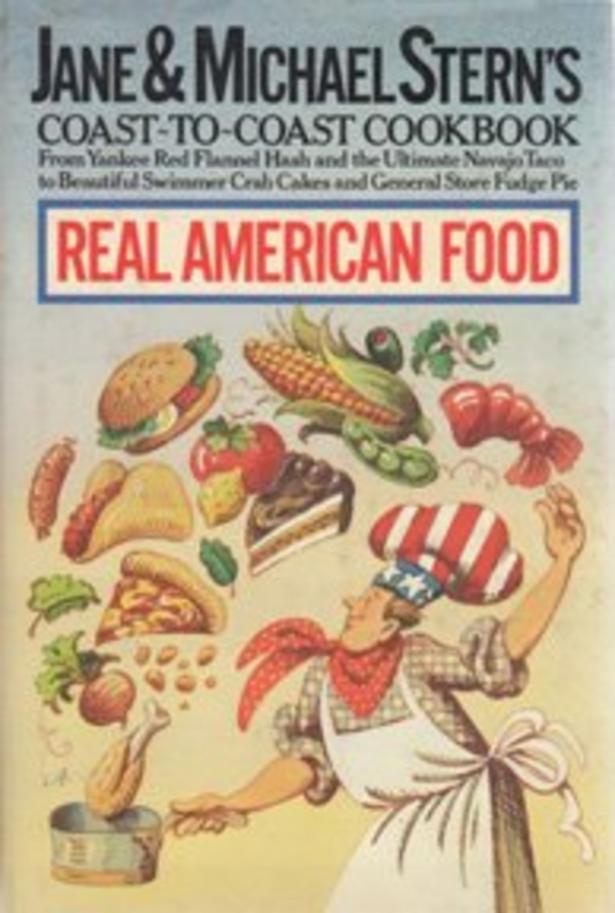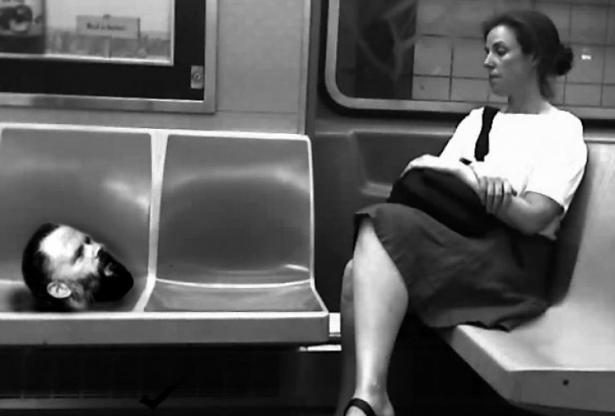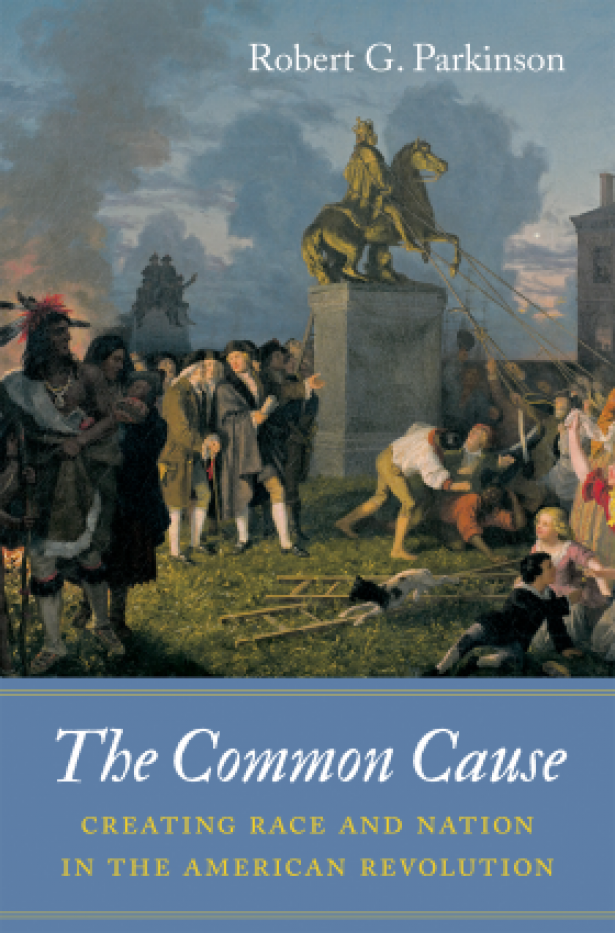Adam Rippon, John Curry and Figure Skating's Complex History With Gay Athletes
The Guardian

The American’s skill and charisma has been a highlight of the Games. But figure skating has not always been so supportive of its LGBT athletes.








Spread the word